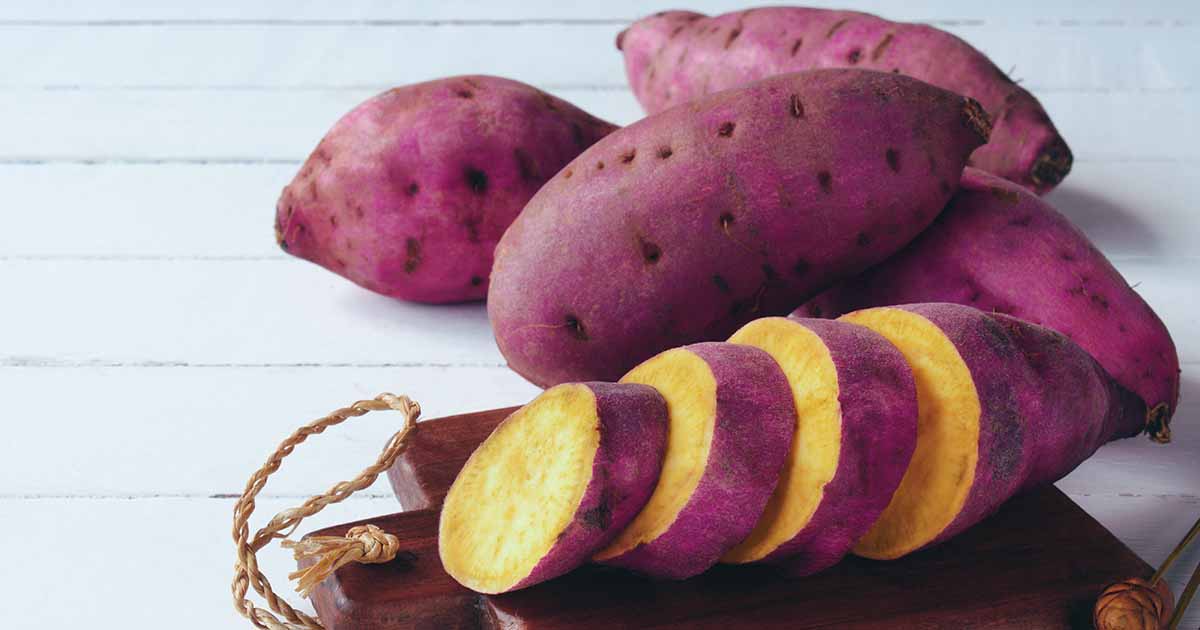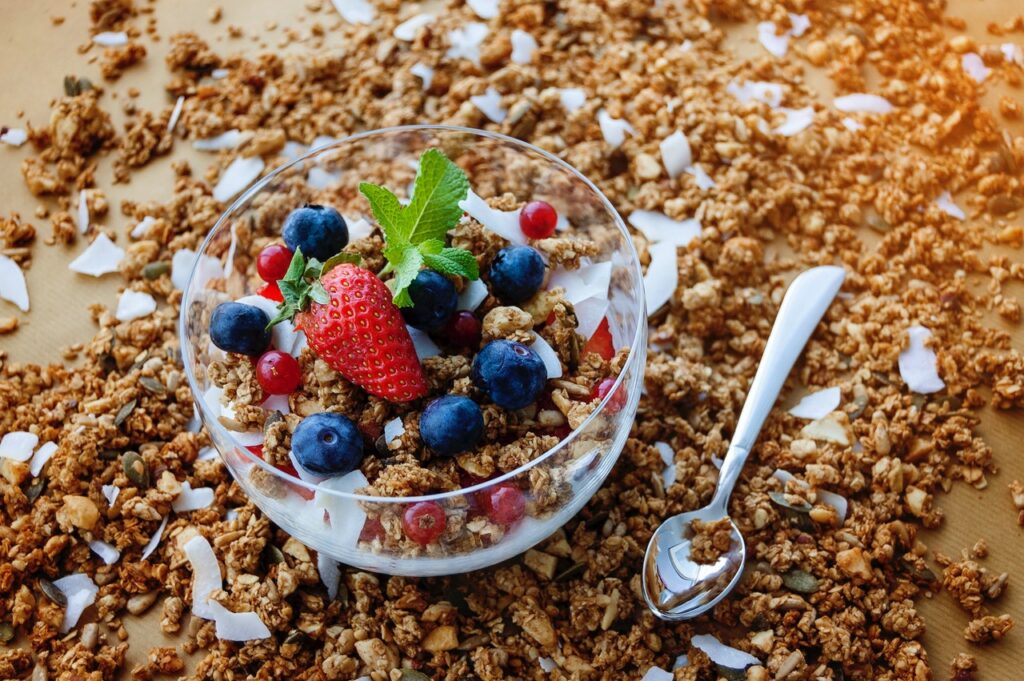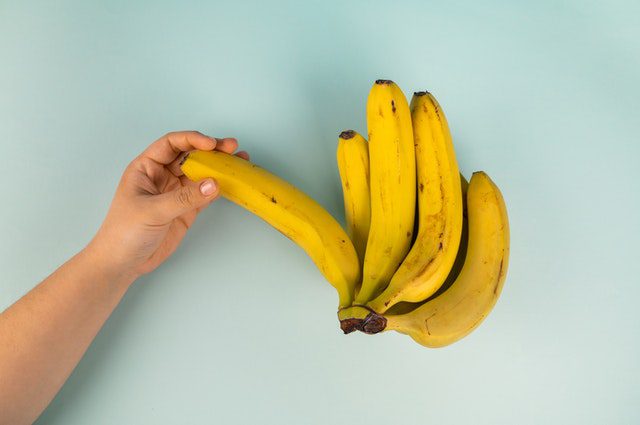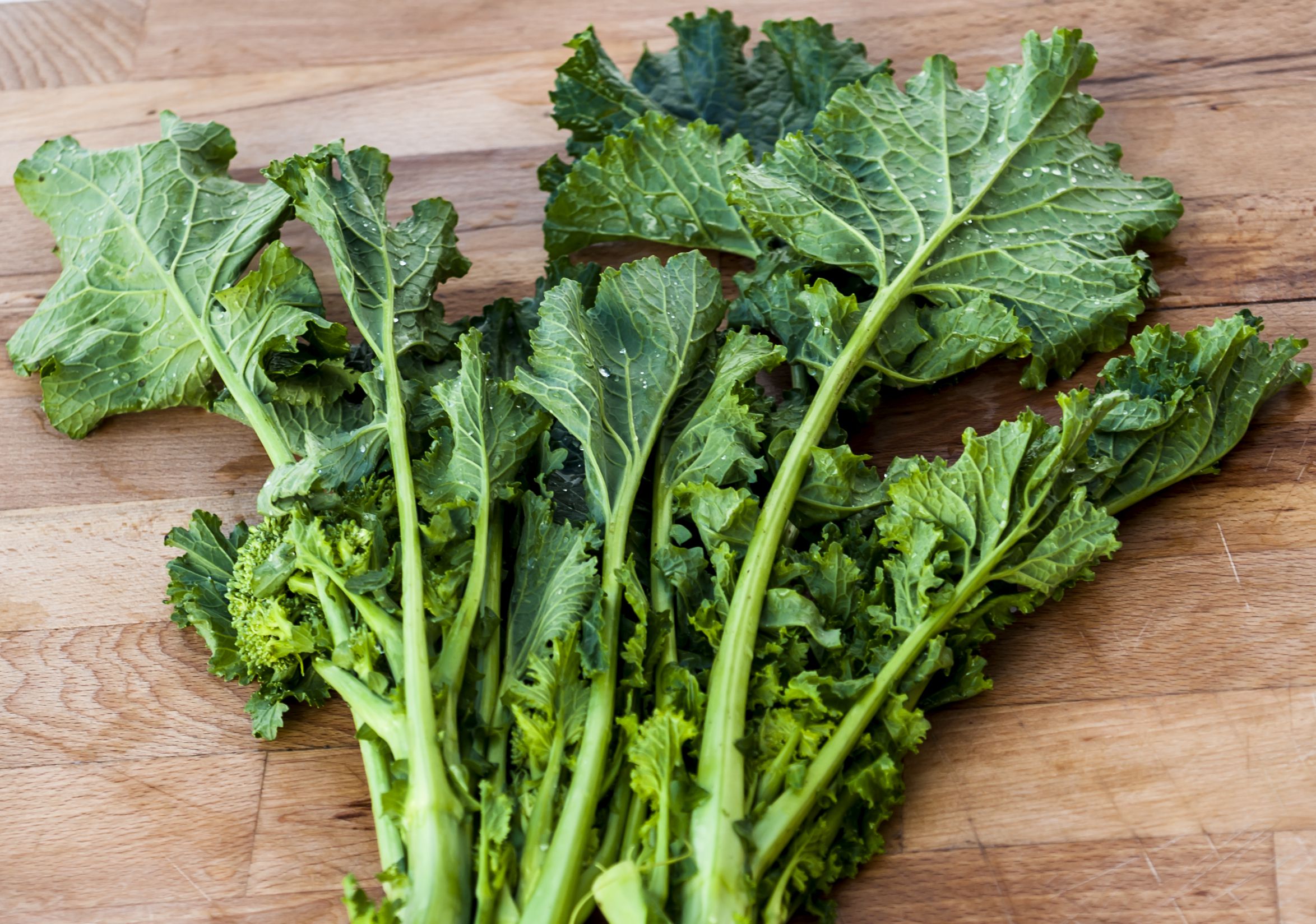If you frequently complain of being tired, you are certainly not alone. Many of us live stressful, busy, and hectic lifestyles.
Work, family, household responsibilities, constantly turned-on devices, and lack of sleep all lead to consistently low energy levels. Yet this is how many of us live.
The obvious causes that lead to low energy are lack of sleep and stress, especially in the afternoon when many people experience a slump.
Diet plays an important role in energy levels. What you eat and when you eat make a difference.
How does diet affect energy levels?
Eating a healthy, balanced diet every day helps stabilize energy levels. The foods you choose and your diet, in general, can affect your energy levels in many ways.
- A healthy diet reduces the risk of many chronic diseases, but a poor diet increases the risk. Chronic diseases such as obesity cause fatigue and general malaise.
- Frequent skipping meals or prolonged dieting can lead to fatigue by depriving your body of the fuel and nutrients it needs.
- Eating too much at one time, especially at lunchtime, will lower your energy later.
- Complex carbohydrate foods, such as whole grains and starches, give your body long-lasting fuel for sustained energy.
- Simple carbohydrates like sugar and refined white grains cause your blood sugar to spike and then your energy to drop.
Food that keeps your energy levels up all day
To enjoy sustained energy throughout the day without the dreaded afternoon slump, eat a few small meals and snacks throughout the day.
Choose mostly whole foods, including vegetables, fruits, whole grains, lean meats, fish and poultry, nuts and seeds, and legumes. A balanced diet of these types of foods should maintain health and vitality, but some foods are specific sources of sustained energy.
1. Oatmeal
Start your day with a medium breakfast or mid-morning snack to fuel you up until lunch. Oatmeal is a great option because it provides complex carbohydrates and fiber. The body slowly absorbs energy from whole grains like oatmeal for an even supply of energy.
For the best breakfast, also include protein in your oatmeal. It helps you feel full for longer and, like complex carbohydrates, provides another slow source of energy.
2. Banana
There’s a reason bananas are featured as a recovery snack at many sporting events. This powerful fruit boosts your energy levels quickly without crashing later.
Choose bananas as part of your breakfast or as a mid-morning snack. When we are hungry or tired, we tend to consume sugar, and bananas can satisfy this craving in a healthier way. Also, it contains potassium.
Also Read: Here’s Why Overnight Oats Make The Perfect Breakfast!
3. Eggs
Another great breakfast is the humble eggs. Provides protein for the slow-release, extended-release fuel that keeps you full. Eggs are especially rich in leucine, an amino acid that increases energy production.
It is also rich in B vitamins, which are essential for energy processes. Keep a hard-boiled egg in your office as a snack throughout the day.
4. Sweet potatoes

Delicious for breakfast, lunch or dinner, sweet potatoes are rich in complex carbohydrates. It is also high in fiber, which allows you to absorb carbohydrates and gain energy slowly. Sweet potatoes also contain high amounts of manganese, a mineral needed to break down other nutrients and provide the body with energy.
5. Dark chocolate
Instead of rampaging through the break room for the rest of your birthday cake, opt for some dark chocolate to lift your afternoon spirits. Dark chocolate is rich in antioxidants and improves blood circulation. More blood flow means more oxygen to the brain to fight fatigue and improve overall function. Dark chocolate also contains moderate amounts of caffeine.
6. Leafy greens
While this is not everyone’s snack idea, adding leafy greens to your meals and smoothies can boost your overall energy. Dark green leafy vegetables of all kinds, including kale, collard greens, and spinach, provide a wide variety of vitamins and minerals.
7. Walnut
If you have a craving for fat, try nuts. These nuts contain omega-3 fatty acids, so-called healthy fats that are good for brain and heart health. Fatty nuts are rich in alpha-linolenic acid. This fat is necessary for energy production. The fiber in nuts slows absorption, and the fat makes you feel fuller.
These are high in calories, so only eat a handful.








